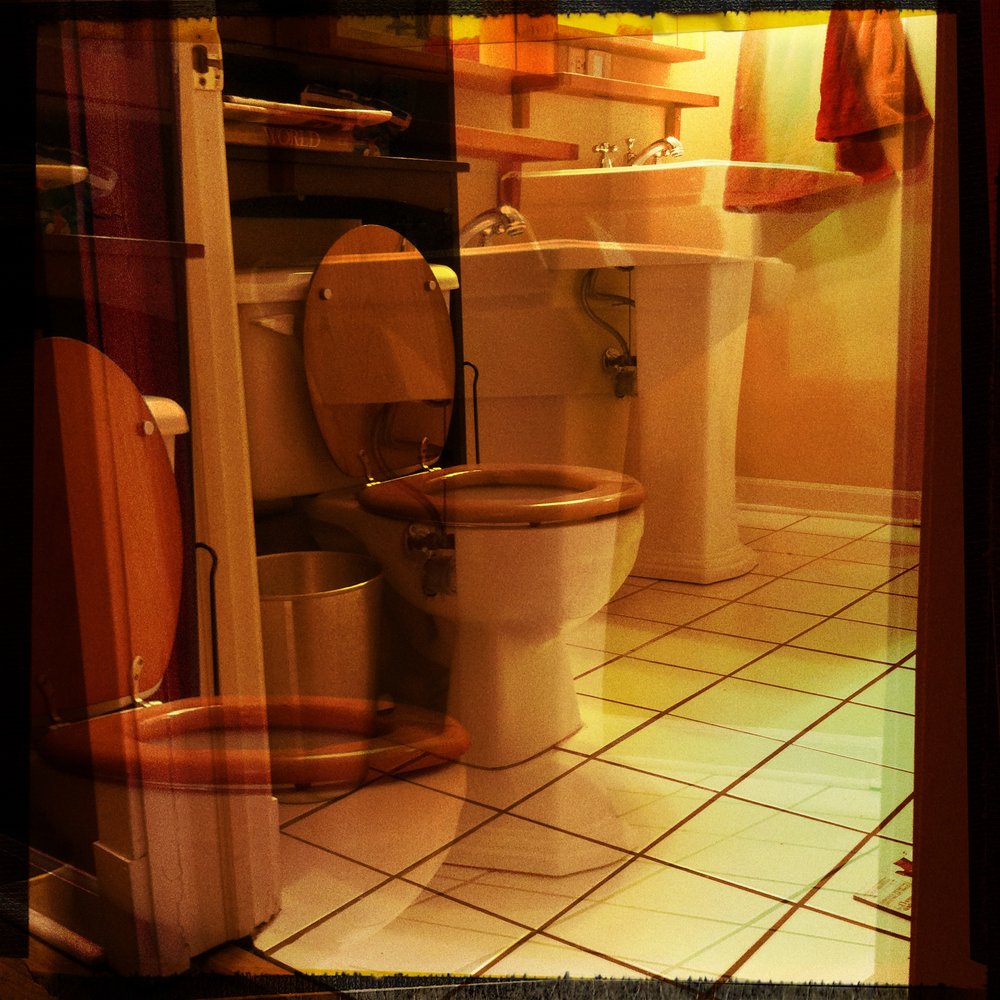Irritable Bowel Syndrome Well Treated by Acupuncture and Chinese Medicine
Irritable Bowel Syndrome (IBS) is extraordinarily well treated by acupuncture and traditional Chinese medicine (TCM) and is something that we see at the clinic almost every day. IBS is a functional bowel disorder characterized by chronic or episodic abdominal pain, bloating, and alteration of bowel habits in the absence of any detectable organic cause. Diarrhea or constipation may predominate, or they may alternate. IBS may begin after an infection, a stressful life event, or even without any other medical triggers.
Like most conditions that we treat, irritable bowel syndrome is differentiated according to how it presents in the individual patient and the rest of the person's constitution. As such, each individual will receive a tailored treatment approach.
Research and Articles
- An analysis of seven studies on irritable bowel syndrome may be found here, though the consensus from the research was:
Acupuncture and moxibustion alleviate irritable bowel syndrome (IBS). Research confirms that acupuncture and moxibustion significantly reduce abdominal pain, diarrhea, and the ratio of abnormal stools. The research was conducted on patients with IBS-D, a type of irritable bowel syndrome characterized by insidious attacks of diarrhea. The total effective rate was 96.7% with many patients experiencing a complete recovery with no relapses.
- Columbia University published a study which looked at the treatment of IBS with acupuncture, viewable here, which demonstrated that:
After 4 weeks of twice-weekly acupuncture/moxa treatment, average daily abdominal pain/discomfort improved whereas the control group showed minimal reduction. This between-group difference adjusted for baseline difference was statistically significant. The intestinal gas, bloating, and stool consistency composite score showed a similar pattern of improvement. The findings indicate that Acu/Moxa treatment shows promise in the area of symptom management for IBS.
- A Chinese medical study, which can be read here, compared a western medical treatment with acupuncture for IBS and found that:
Acupuncture at [the acupuncture points] Tianshu (ST 25) and Dachangshu (BL 25) may remarkably relieve the clinical symptoms of IBS and its efficacy is superior to that of oral medication with trimebutine maleate.
- A research report from the Hong Kong Department of Digestive Health found that:
Electro acupuncture attenuates visceral hyperlagesia through down-regulation of central serotonergic activities in the brain-gut axis.
From a practical perspective, this means that electro-acupuncture reduces the urgency of IBS in patients.
- The Nanjing Medical School published a study which evaluated the use of acupuncture in managing the chronic constipation which can be associated with one type of constipation. In the conclusion of the study the researchers found that:
The scores of defecation frequency, difficulty degree of defecation, defecation time, endless sensation of defecation, stool quality, awareness of defecation and PAC-QOL were obviously improved after treatment . . . The effect of acupuncture for CFC with exact etiology, disease location and classification diagnosis is definite, but different dynamic mechanism has different effect.
- One of the most famous studies of traditional Chinese herbs for IBS was published in the Journal of the American Medical Association (JAMA) and can be read here. The study found that:
Compared with patients in the placebo group, patients in the active treatment groups had significant improvement in bowel symptom scores as rated by patients (P = .03) and by gastroenterologists (P = .001), and significant global improvement as rated by patients (P = .007) and by gastroenterologists (P = .002). Patients reported that treatment significantly reduced the degree of interference with life caused by IBS symptoms (P = .03). Chinese herbal formulations individually tailored to the patient proved no more effective than standard CHM treatment. On follow-up 14 weeks after completion of treatment, only the individualized CHM treatment group maintained improvement. Conclusion: Chinese herbal formulations appear to offer improvement.
